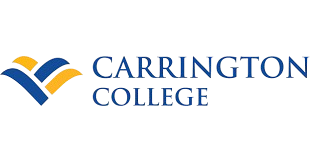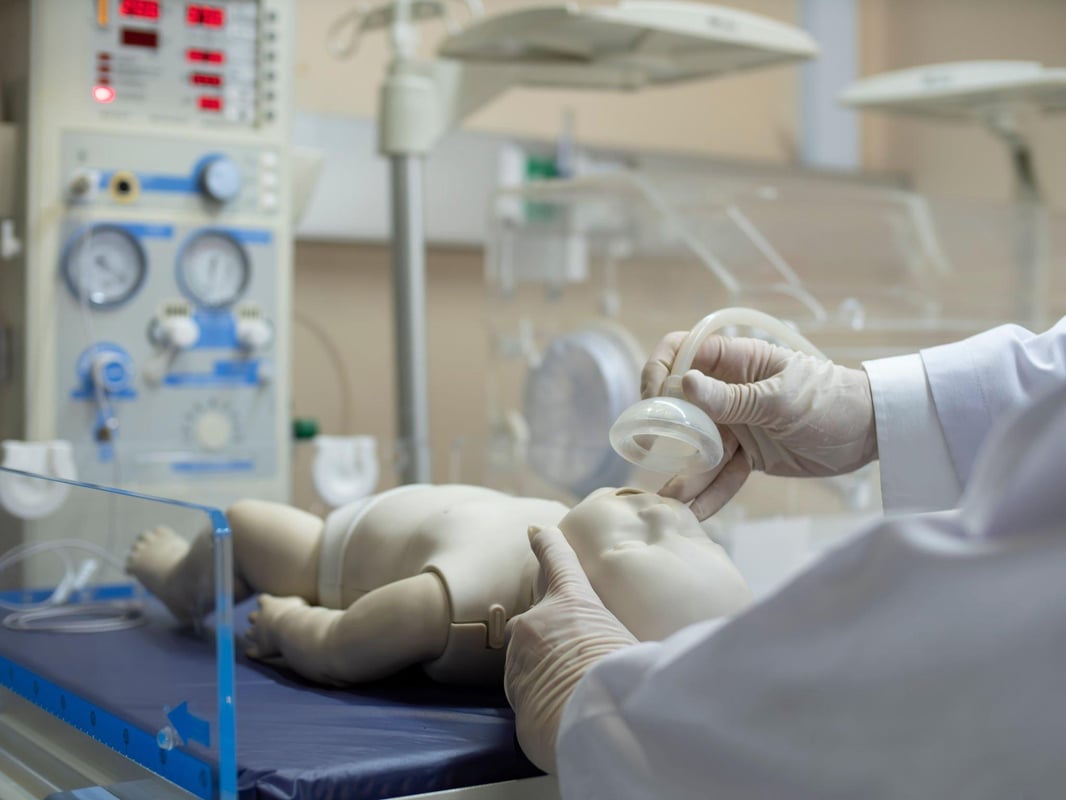
$191 to start
$2,200 total

Financial aid (may be available)

Financial aid (may be available)

Financial aid (may be available)
$276 total
$2,075 total
$270 total
$410 total
$365 total
$150 total
No cost info
$285 total
$150 total
No cost info
If you are in Tucson and are looking for Pediatric Advanced Life Support (PALS) classes, you are on the right track to a rewarding and fulfilling career in the health industry. This guide will provide you with essential information about PALS, what to expect from the classes, the certification process, and how to find related jobs.

Pediatric Advanced Life Support (PALS) is a sequence of simulated pediatric emergencies to reinforce the important concepts of a systematic approach to pediatric assessment, basic life support, PALS treatment algorithms, effective resuscitation, and team dynamics. The goal of the PALS course is to improve the quality of care provided to seriously ill or injured children, resulting in improved outcomes.
To enroll in a PALS course, you need to be a healthcare professional who either directs or participates in the management of respiratory and/or cardiovascular emergencies and cardiopulmonary arrest in pediatric patients. This includes personnel in emergency response, emergency medicine, intensive care, and critical care units such as physicians, nurses, paramedics, and others who need a PALS course completion card for job or other requirements.
When choosing a PALS class near you in Tucson, consider the following factors:
Accreditation: Ensure that the training center is accredited by a recognized body such as the American Heart Association (AHA).
Course Content: The course should cover key areas such as pediatric assessment, basic life support, and resuscitation techniques.
Instructors: They should be qualified and experienced in pediatric emergency care.
Practical Training: The course should offer hands-on training using simulated pediatric emergencies.
Certification: Upon successful completion of the course, you should receive a PALS course completion card.
PALS classes typically consist of lectures, video demonstrations, and hands-on practice.
Lectures: These provide theoretical knowledge on pediatric emergency care.
Video Demonstrations: These show the application of the theories taught in the lectures.
Hands-on Practice: Students practice the techniques taught using manikins and other training equipment.
The PALS certification process involves passing a written exam and a skills test. After successfully completing the course and passing these assessments, you will receive a PALS course completion card, which is valid for two years.
After obtaining your PALS certification, you can find job opportunities in various healthcare settings such as hospitals, clinics, and emergency medical services. Some of the job roles you can consider include paramedic, registered nurse, physician, and respiratory therapist. To find these opportunities, you can check job posting websites, network with other healthcare professionals, and attend job fairs.
After becoming PALS certified, you may consider advancing your skills and knowledge by taking additional courses. Here are some options:
Advanced Cardiovascular Life Support (ACLS): This course builds on the foundation of lifesaving basic life support (BLS) skills, emphasizing the importance of continuous, high-quality CPR.
Neonatal Resuscitation Program (NRP): This course introduces the concepts and basic skills of neonatal resuscitation.
Emergency Medical Technician (EMT) Training: This course provides the knowledge and skills to handle emergency situations and provide pre-hospital care.
Being a PALS certified professional opens doors to a variety of career advancement opportunities. With additional training and experience, you can specialize in areas such as:
Pediatric Intensive Care
Pediatric Emergency Medicine
Pediatric Anesthesia
You can also consider leadership roles in healthcare settings or even teaching roles in PALS training centers.
Your PALS certification is valid for two years. To maintain your certification, you need to retake the PALS course and pass the assessments before your current certification expires. Some training centers offer a recertification course, which is shorter than the initial course.
Continuous learning is crucial in the healthcare field. It keeps you up-to-date with the latest research, practices, and technologies, ensuring that you provide the best care to your patients. It also helps you meet the continuing education requirements set by many healthcare employers and professional organizations.
PALS training is a great step towards a rewarding career in the healthcare industry. It equips you with the skills to manage and respond to emergencies involving children, a skill set that is in high demand in various healthcare settings. Remember, continuous learning and professional development is key to a successful career in healthcare.
As a PALS professional, you might also be interested in related healthcare roles. For more information, check out the following resources on how to become a phlebotomist, a medical office specialist, or a respiratory therapist. These roles also require specialized training and certifications, similar to PALS, and can provide further opportunities for career growth and diversification in the healthcare industry.
If you're exploring options in this field in various locations, Dreambound's extensive guides are a great resource. We've got detailed insights for numerous cities. check out some additional guides below:
Considering a change in your career? We've gathered some perspectives to help you in your journey. You can explore several of these:
Dreambound's platform allows prospective students to find the right educational program for them through searching, filtering, and connecting with our extensive selection of career & technical education partners.
Dreambound has over 70 programs across healthcare, technology, business, and industrial trades. This includes programs such as Medical Billing, Cybersecurity, and welding.
Some of our schools offer financial aid for those who qualify. Many others offer payment plans, where you can pay the cost of class over time.
Yes, Dreambound offers many online programs. On Dreambound's search, you can filter by online, in-person, and hybrid (part online, part in-person).
Dreambound is completely free for you to use! We are supported by schools and organizations who pay to advertise on our website, so we can offer all of our career resources for free.